WHO's Investment Round
Voices of support
The Investment Round, launched by WHO in May 2024, aims to mobilize predictable and flexible resources from a broader base of donors for WHO’s core work for the period 2025–2028. It's an inclusive engagement process, and existing and potential new donors are invited to make commitments at a series of events co-hosted by interested Member States.
WHO thanks all donors for their contributions and support.
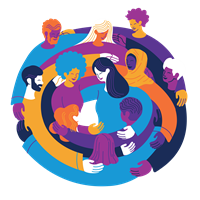
Commitments to the WHO Investment Round
Dr Teodoro Herbosa, Secretary of Health of the Philippines. “The work of the secretariat is critical to all of us as Ministers of Health. The secretariat needs to continue to have the best public health experts, be strong in communicating in a world of misinformation, most importantly, standing beside us when we make decisions that are not politically easy.”
Ms Tomasia de Sousa, ATACH National Focal Point, Ministry of Health, Timor-Leste. “Pleased to confirm that Timor-Leste will continue with the estimate increased assessed contribution and additionally channel US$ 1 million to continue advancing our effort for rapid response and resilient health systems. With unity come power, and solely our collective effort will bring our required resources.”
Dr Valasi Luapitofanua To’ogamaga Tafito Selese, Minister of Health of Samoa, led a series of commitments from Samoa, Palau, Cook Islands, Tonga, Vanuatu and Tuvalu. “We face unique challenges in the Pacific Islands, particularly in health, climate and the environment. Our Small Island Developing States are on the frontlines of climate change, which exacerbates health issues and threatens our very existence.”
Jonas Gahr Støre, Prime Minister of Norway. “As I see it, the World Health Organization is more important than ever… I call upon others to join us by pledging, as good as they can, to invest in WHO and help make this historic first WHO Investment Round a success.”
Mr Sean Fleming T.D., Minister of State at the Department of Foreign Affairs of Ireland. “Conflict and crises threaten the health and well-being of millions of people… So that WHO can respond to all our needs Ireland has taken a number of steps to increase the volume and the predictability of our funding.”
Lars Løkke Rasmussen, Minister of Foreign Affairs of Denmark. “As one of the top contributors of flexible-voluntary funds, Denmark fully supports the ongoing efforts to give WHO the needed muscle to handle new health challenges and improve health systems across the world.”
Professor Choua Ouchemi, Health Advisor to the Head of State of Chad. “The WHO Investment Round is an innovative initiative that we welcome... And that will contribute to financially empowering Member States to develop their health systems.”
Dr Mekdes Daba Fevissa, Minister of Health of Ethiopia. “Stronger WHO with predictable, flexible and sustainable financing will undoubtedly be instrumental in better supporting of our nation, supporting Member States and delivering impact for countries.”
Dr Ahmadou Lamin Samateh, Minister of Health of Gambia. “Stronger WHO with predictable, flexible and sustainable financing will undoubtedly be instrumental in better supporting of our nation, supporting Member States and delivering impact for countries.”
Dr Abdulredha Bahman, Senior Advisor of the Kuwait Fund for Arab Economic Development. “The whole philosophy is partnership and we are good at it. We Kuwait Funds are friends in need.”
Dr Bernard Valentin, Principal Secretary for Health of Seychelles. “It's important for Seychelles to show this solidarity to give WHO the kind of flexible funding that it needs in order to implement the programmes that it has to run for our countries.”
Dr Garba Hakimi, Minister of Public Health, Population and Social Affairs of Niger. “This act, this commitment made by our country, is a strong act for Niger so that the World Health Organization can truly address public health in a global manner, the public health of all our states, of all the Member States of this Organization.”
Dr Kalumbi Shangula, Minister of Health and Social Services of Namibia. “It is critically important for WHO, which is a Member State driven organization, to be able to carry out its mandate and therefore it is important that Member States nurture their organization.”
Dr Ibrahima Sy, Minister of Health and Social Action of Senegal. “Africa must mobilize to face future health challenges and contribute to financing efforts in fighting pandemics.”
Support for WHO Investment Round
Health for all is an investment, not a cost. Investment in WHO yields healthy results, it is a prudent investment and a moral imperative.
These testimonials from leaders have been published in the latest WHO investment case “All for Health, Health for All, investment case 2025–2028“.
Vanessa Kerry, WHO Director-General Special Envoy for Climate Change and Health. "Poor health affects more than individual well-being. It fuels insecurity, disrupts economies and deepens inequities.”
Cynthia Germanotta, President of Born This Way Foundation and WHO Goodwill Ambassador for Mental Health. “The stakes could not be higher, I am calling on governments, donors and foundations to invest. Supporting WHO means investing in a future where everyone can access the health they need”
Sir Liam Donaldson, WHO Director-General Special Envoy for Patient Safety. “The money that’s provided helps to save lives, helps to strengthen health systems and give many more people around the world access to health care. Not just any health care, but health care that’s safe."
Renée Fleming, WHO Goodwill Ambassador for Arts and Health. “Imagine a future where everyone has access to health care and where physical, mental and social well-being are prioritized."
James Chau, WHO Goodwill Ambassador for the Sustainable Development Goals and Healt. “Healthy people are crucial to ending poverty, achieving quality education, and more. Without robust health systems, every other effort risks falling short."
Dr Mekdes Daba Fevissa, Ethiopia Pandemic Fund. “Our recent experience with Covid has really taught us a lot. If one country is weak, the globe is weak. The pandemic agreement is where we can say that we have taken our lesson from the recent pandemic and we stand together…"
Yohei Sasakawa, WHO Goodwill Ambassador for Leprosy Elimination. “Supporting WHO means investing in a future where everyone can access the health care they need. Together, let us strive to create meaningful change in our society as we walk towards realizing the vision of Health for All."
Olaf Scholz, Chancellor of Germany calls for more support for WHO and announces that Germany is a European co-host, with France and Norway, of WHO’s first Investment Round, calling on other donors to participate and contribute.
Gordon Brown, WHO Ambassador for Global Health Financing. "Investment in health is quite simply the best single insurance policy in the world."
Mia Amor Mottley, the critical need for funding global public goods and ensuring health equity. "I want to thank you Dr Tedros... for being there and for seeing small countries when others didn't see us."
Gabriel Leung, the role of philanthropy to achieve health for all. "WHO is probably the only option that has proven itself, that has worked and that can continue to work."

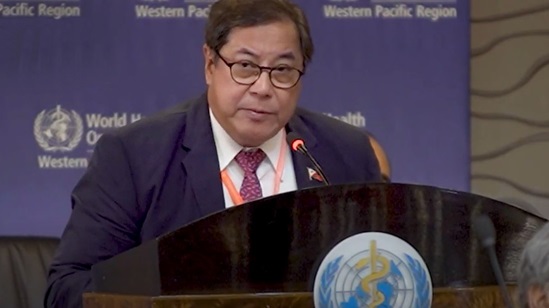
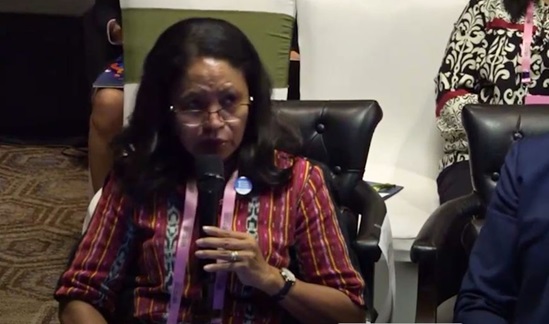
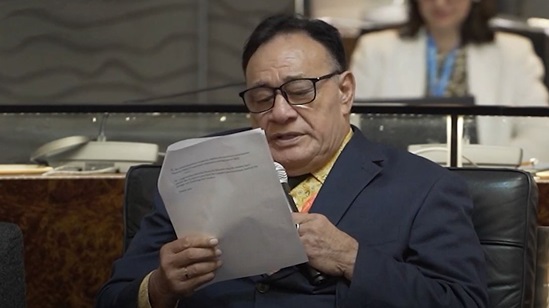
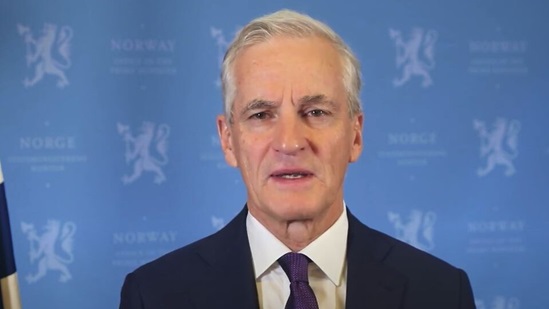
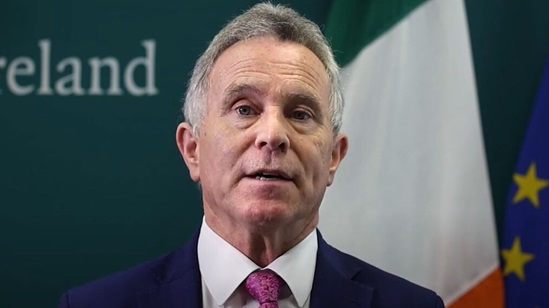

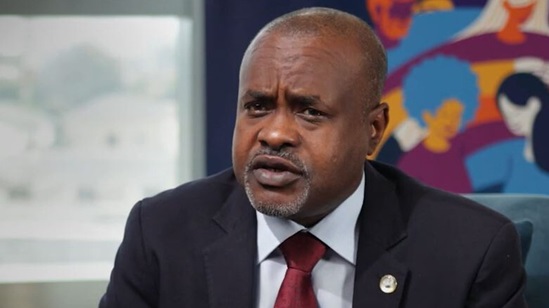
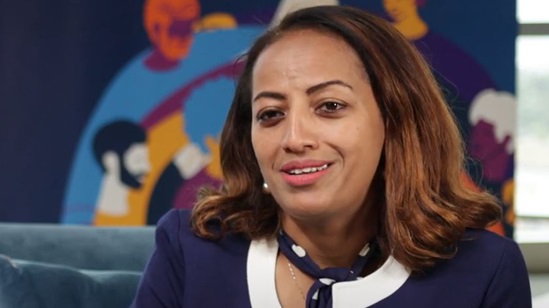
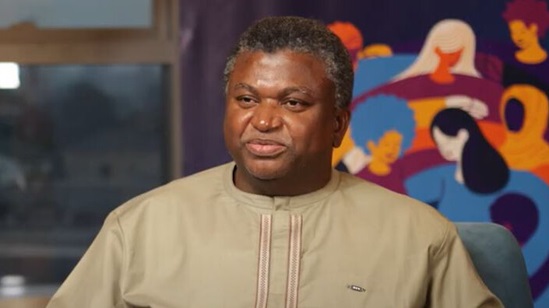
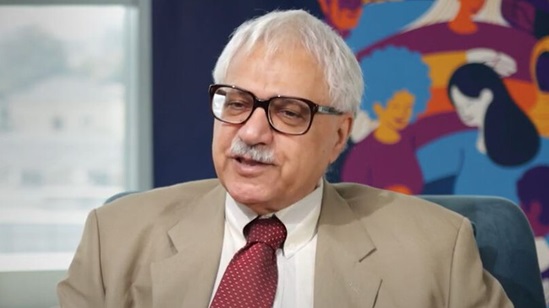
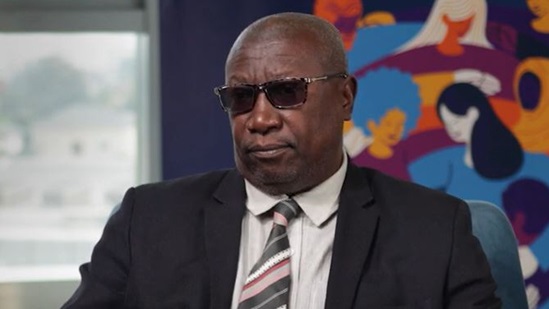
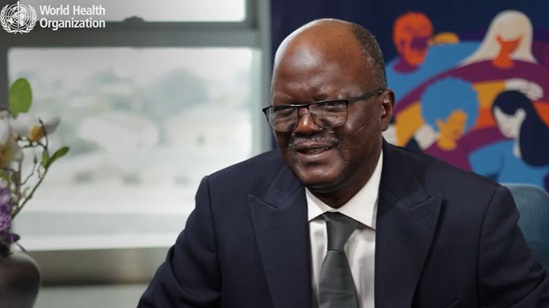
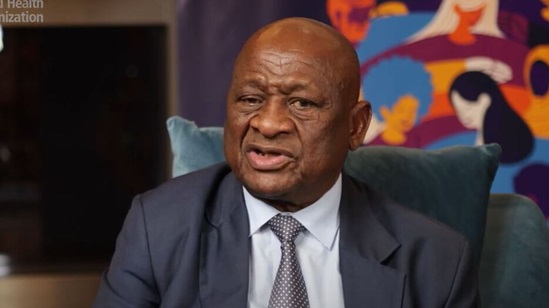
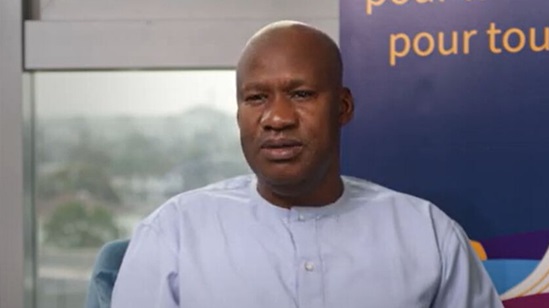
/leadership-voices-thumbnail.tmb-549v.jpg?sfvrsn=486a8ef8_1)
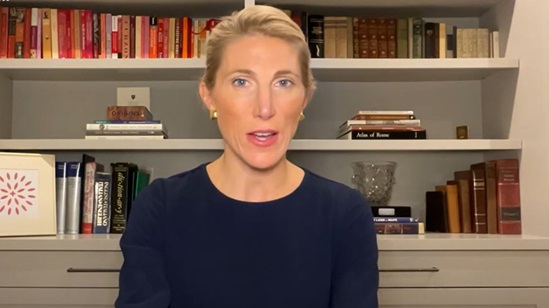
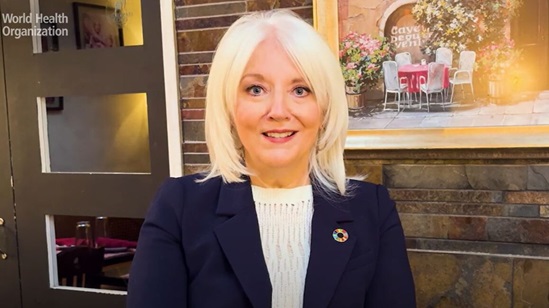
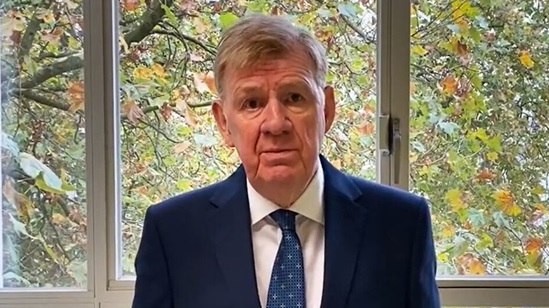
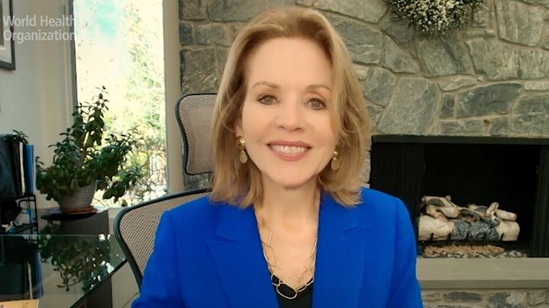
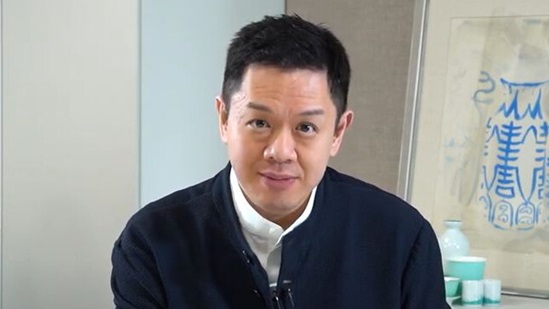
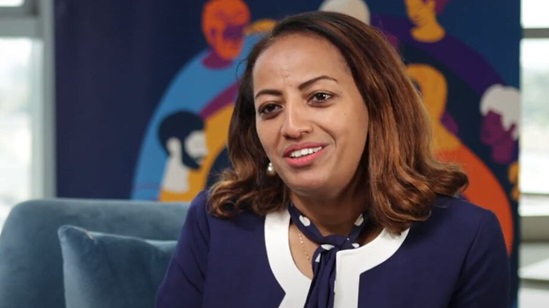
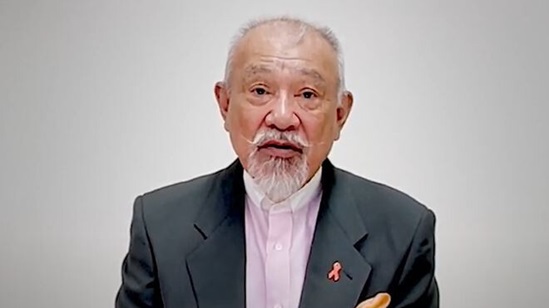
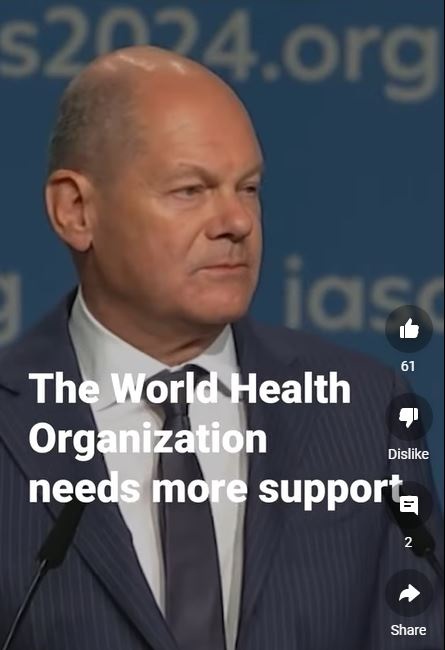
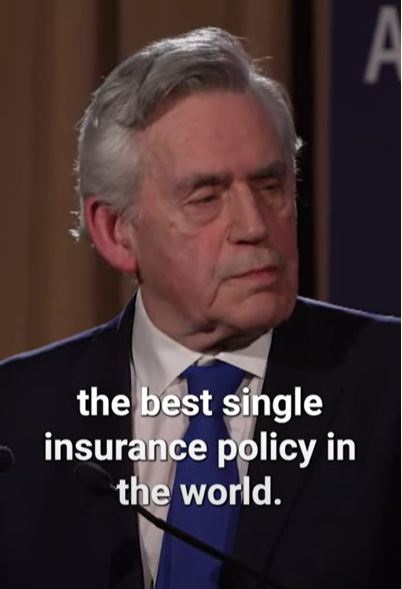
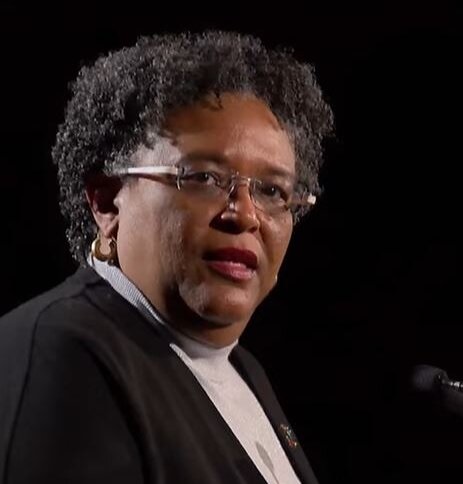
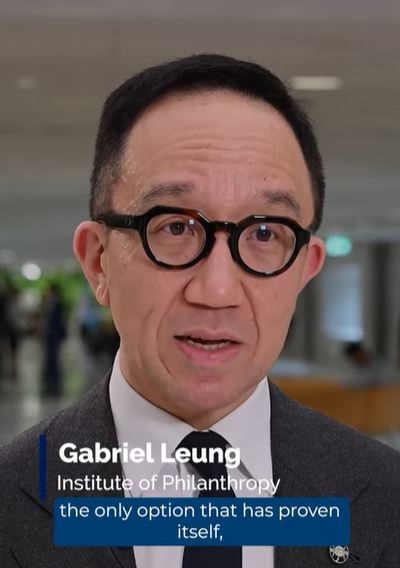
/invest-visual-value.tmb-200v.png?sfvrsn=96bd513d_1)
/invest-visual-summary.tmb-200v.png?sfvrsn=ae0d0829_1)
/invest-visual-investing.tmb-200v.png?sfvrsn=dbf748b9_9)